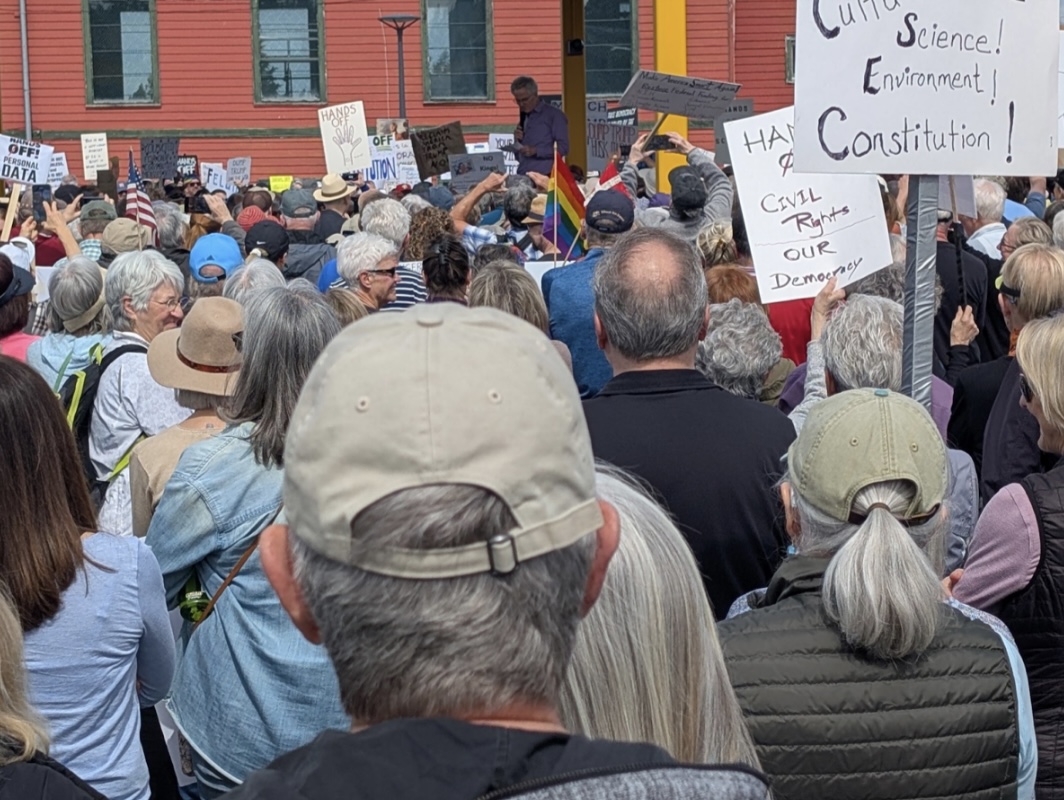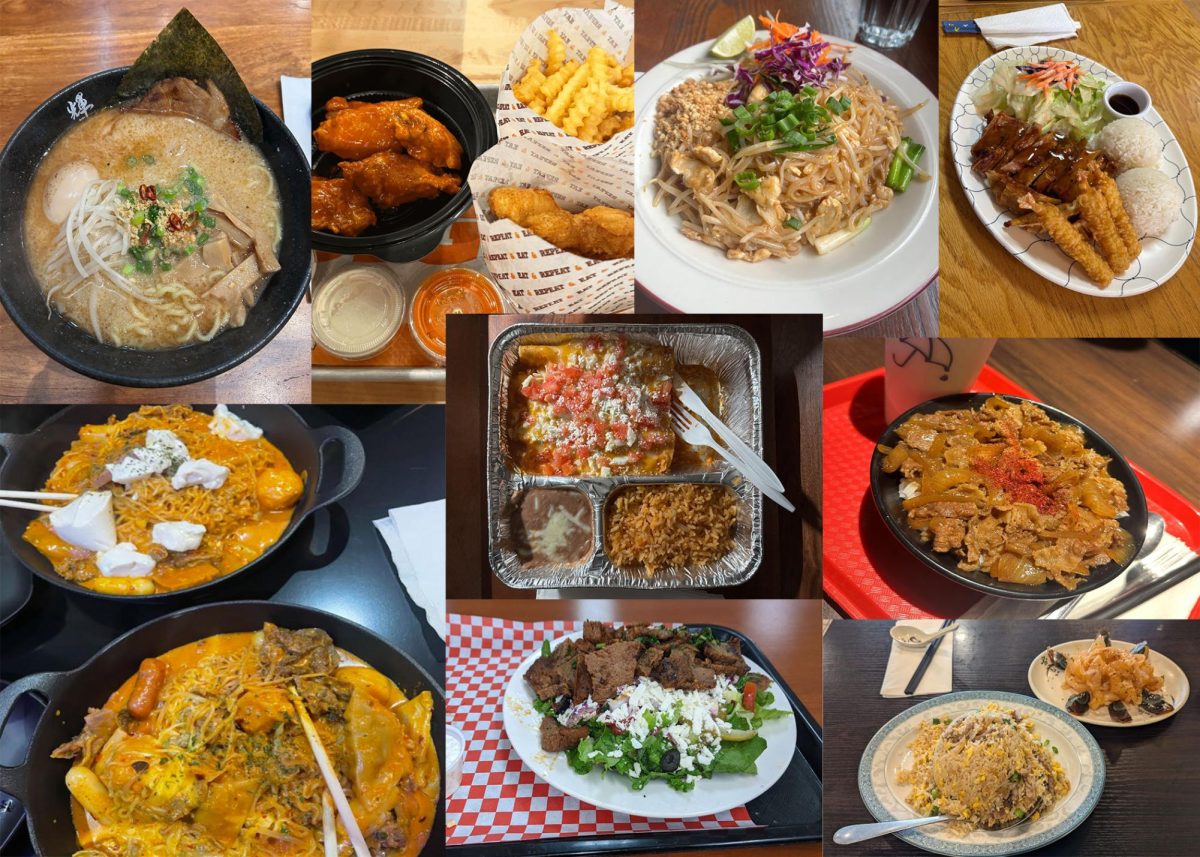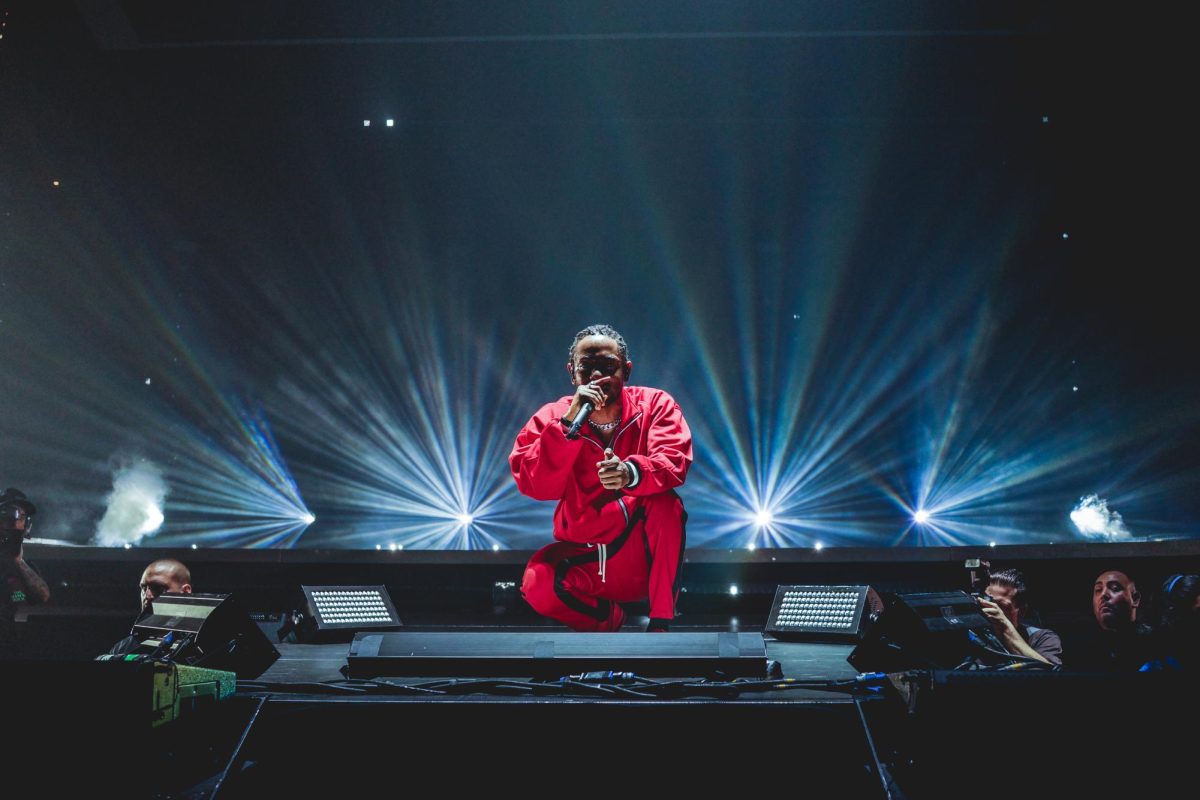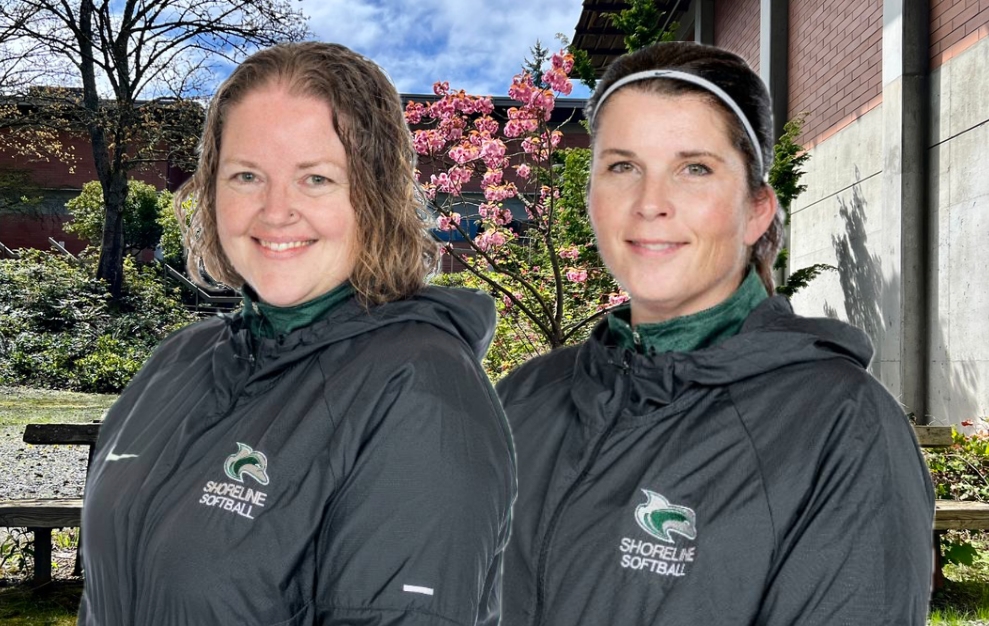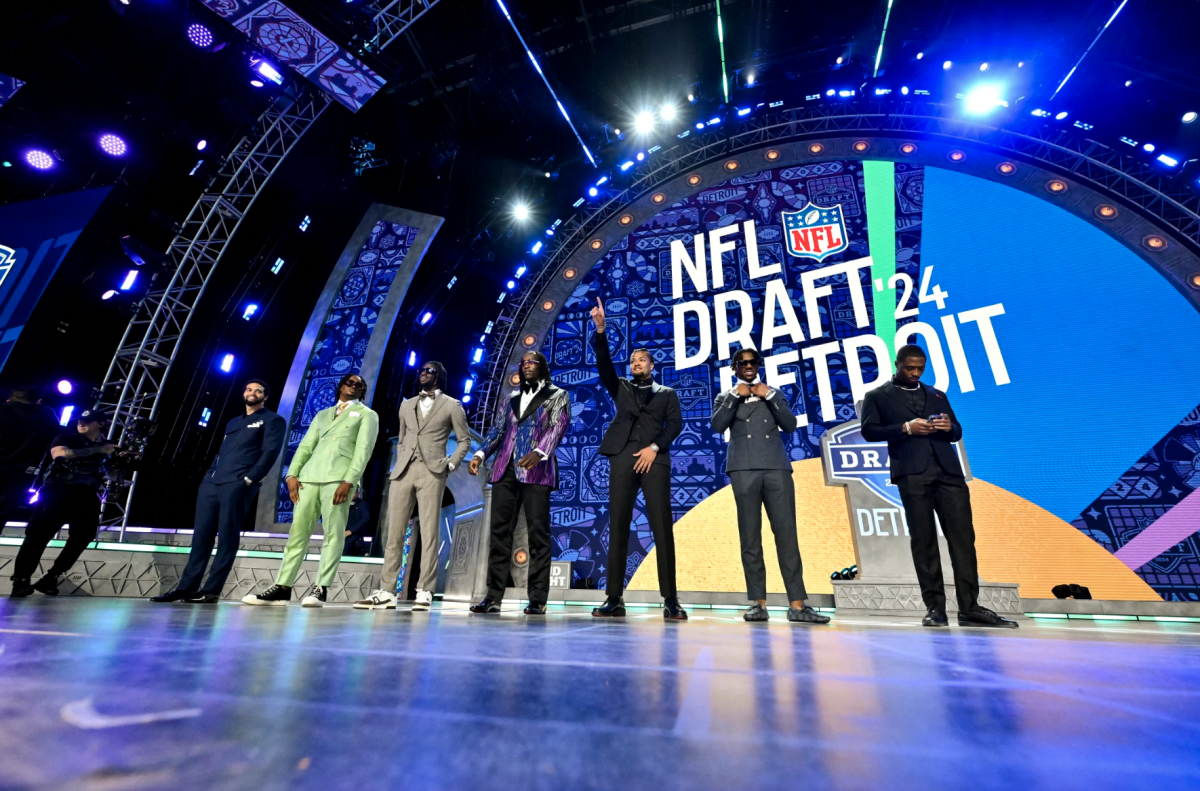A CHALLENGED IDENTITY
The image of a stereotypical American doesn’t fit with what most people would consider “American ideals,” a country that sells itself as a melting pot for multiculturalism.
With the recent success of blockbusters starring non-traditional actors like “Black Panther” and “Crazy Rich Asians,” this century-old stereotype sounds outdated.
From one media to another, equality is starting to be embraced as something to celebrate; with diversity becoming a selling point. As an Asian American myself, it is uplifting seeing people who look like me can be so much more beyond their stereotypes: they can be the leader, the star or the main character.
Yet, the question still stands: what makes someone acceptably American? Is it the way one physically looks? Do inherent European features, instead of dark skin or monolid eyes, make one “American” in the minds of society?
With a face like mine, I’m required to put in twice the effort to prove that I am truly a part of this country. I say the Pledge of Allegiance, yet culturally, my blood lies elsewhere.
The Incident In Question
The incident that fueled this question occurred at the San Francisco airport. After international travel, everyone is required to go through U.S. Customs and Border Protection. Citizens of the U.S. are separated into a line from those who are not.
While waiting, I heard a female officer say, “Citizens this way, non-citizens that way.” Walking up to a mother-son duo who were undoubtedly Asian, she repeated the statement three times.
The boy looked at her and nodded his head aggressively, to show that he did hear her, saying “Yeah, I heard.” She moved on without another word.
During my interview with U.S Customs, I was asked whether or not my family was from Indonesia (where I was returning from).
They were right. But I am my own person, and this is my home.
After the interview ended, what was previously a, “Welcome home,” became instead a monotone, straight-faced, “Welcome to the USA.” Small things like this may seem petty to even care about in the first place.
In the immigration department’s defense, prior to the Trump administration, things were not as intense as they are today. Someone of my skin color and facial features has, in the past, been recognized as a citizen with less hostility.
More Like It
I’d like to clarify that whatever citizenship an individual has, it doesn’t make them worth more than another person. Not being American isn’t the problem — it’s the assumption of what an American is supposed to look like.
Separately, around two years ago at Seattle’s airport, I experienced another peculiar encounter. During my interview with the immigration officer who was also Asian, he spoke Mandarin to me.
As a fourth-generation American who grew up here, the ability to speak Mandarin/Chinese was unfortunately forgotten down the line.
After attempting to explain to him that I didn’t understand him, he adamantly continued to speak Mandarin. It took three more times until he was finally let me pass.
Frankly, I never understood what drove him to do that, but it did make me feel uncomfortable that my identity as a citizen of this country had to be repeatedly proven.
In a recent conversation with a friend, she told me about an experience here at SCC. At the new student orientation, she recalled being directed to the International Students’ orientation — with no questions asked. Hearing about that, I remembered the exact same thing happening during my orientation here.
No one usually takes offense when I point out the fact that I am citizen of this country. However, these very skewed ideas further perpetuate the stereotype of one’s identity as an American.


